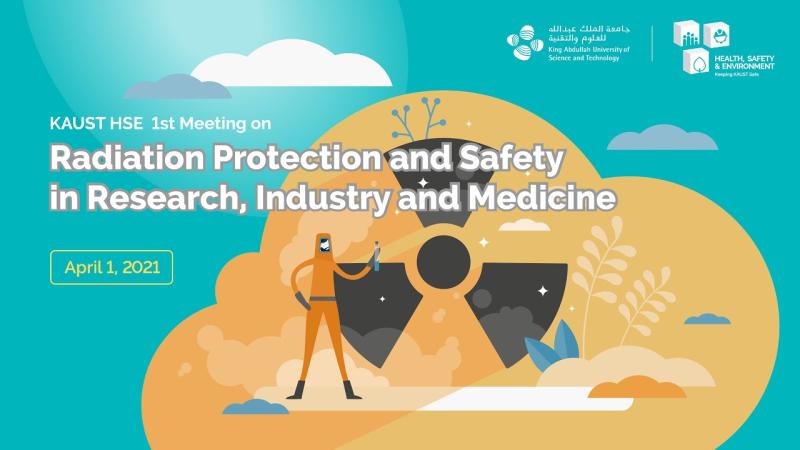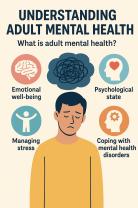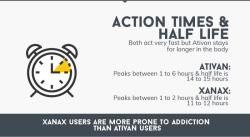Should I take radiation protection pills?
The decision to take radiation protection pills, such as potassium iodide (KI) or potassium iodate (KIO3), depends on specific circumstances and the guidance provided by public health officials or authorities. These pills are sometimes recommended in certain emergency situations involving the release of radioactive iodine into the environment.
Here are some key points to consider:
Emergency Situations:
- Radiation protection pills are typically considered in emergency scenarios involving the release of radioactive iodine, which can be a byproduct of nuclear accidents or incidents.
Radioactive Iodine Uptake:
- The thyroid gland can absorb radioactive iodine, which may increase the risk of thyroid cancer. Potassium iodide works by saturating the thyroid with stable iodine, reducing the uptake of radioactive iodine.
Recommended by Authorities:
- The decision to take radiation protection pills is usually made based on recommendations from public health authorities or emergency management agencies. Local, regional, or national authorities may issue guidance on when and how to use these pills.
Proximity to Radiation Source:
- The need for radiation protection pills depends on your proximity to the radiation source. Authorities may advise different measures for individuals in close proximity to a nuclear incident compared to those farther away.
Preventive vs. Reactive Use:
- In some cases, authorities may recommend taking radiation protection pills as a preventive measure before exposure to radioactive iodine occurs. In other situations, they may be recommended reactively after exposure has occurred.
Medical Conditions and Allergies:
- Individuals with certain medical conditions or allergies should consult with healthcare professionals before taking radiation protection pills, as there may be contraindications or considerations.
Pregnancy and Breastfeeding:
- Pregnant women and breastfeeding mothers may have specific considerations regarding the use of radiation protection pills. It is crucial to seek guidance from healthcare providers.
Expiration Dates:
- If you have radiation protection pills, be mindful of their expiration dates. Expired pills may not be as effective.
It's important to note that radiation protection pills are not a general-purpose preventive measure against all forms of radiation exposure. Their use is specific to scenarios involving the release of radioactive iodine.
In the event of a nuclear incident, follow the guidance provided by authorities, and if you have questions or concerns about the need for radiation protection pills, consult with healthcare professionals or emergency management authorities in your area.
Radiation Protection Pills in Areas with Low Radiation Exposure
1. Necessity of Radiation Protection Pills:
In areas with low levels of radiation exposure, radiation protection pills are generally not necessary for the general population. The natural background radiation we are exposed to daily is considered harmless and does not require special protection. However, certain situations might necessitate the use of these pills:
- Medical procedures: Some medical procedures, such as X-rays or CT scans, involve exposure to ionizing radiation. In such cases, doctors might recommend radiation protection pills to specific individuals, especially pregnant women and children, to minimize potential risks.
- Nuclear accidents or emergencies: In the event of a nuclear accident or emergency, radiation protection pills containing potassium iodide (KI) can be distributed to the public to block the absorption of radioactive iodine by the thyroid gland, potentially reducing the risk of thyroid cancer.
2. Risks and Benefits of Radiation Protection Pills:
Potential Benefits:
- Reduce the risk of thyroid cancer, particularly in children and adolescents.
- Provide psychological comfort for individuals feeling anxious about potential radiation exposure.
Potential Risks:
- Side effects: Although generally safe, KI pills can cause side effects such as nausea, vomiting, stomach pain, and skin rash.
- Overconsumption: Excessive intake of KI can lead to thyroid problems, especially in individuals with pre-existing thyroid conditions.
- False sense of security: Relying solely on KI pills without taking other protective measures, such as evacuation or sheltering, can be dangerous in high-radiation situations.
Overall, the decision to take radiation protection pills in areas with low radiation exposure should be made in consultation with a healthcare professional considering individual circumstances and potential risks and benefits. It's important to weigh the potential benefits against the possible side effects and ensure proper dosage and usage instructions are followed.













